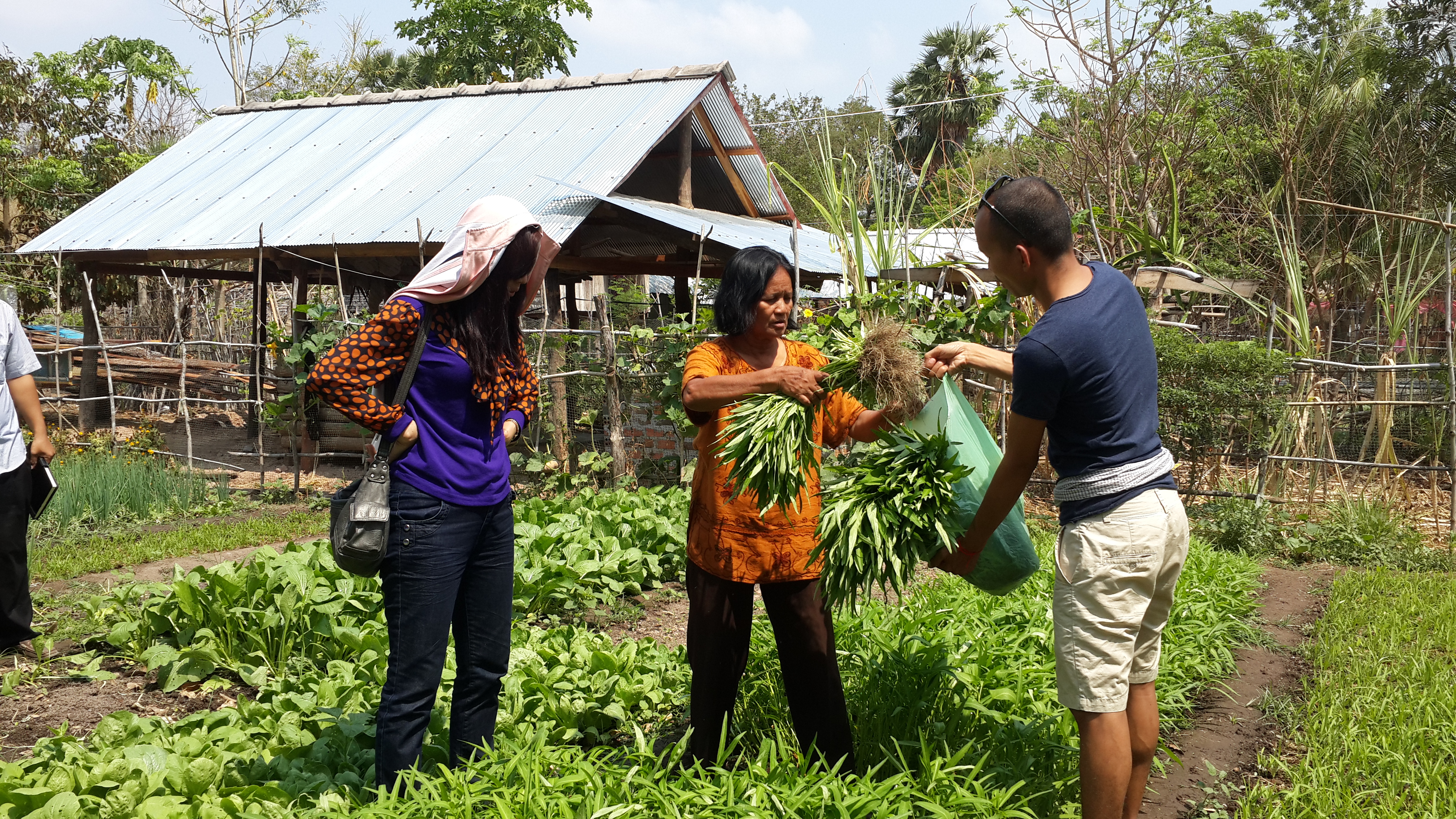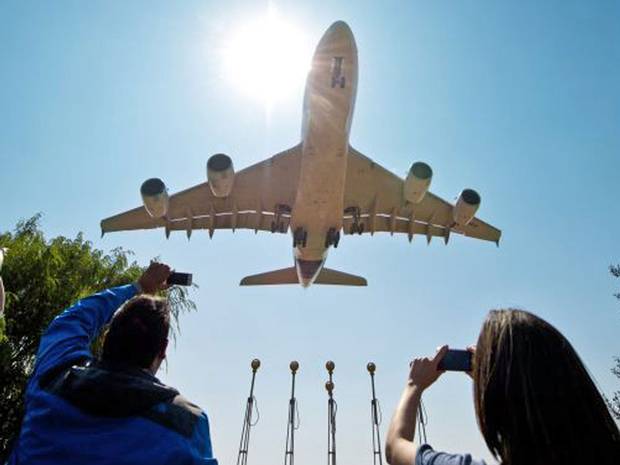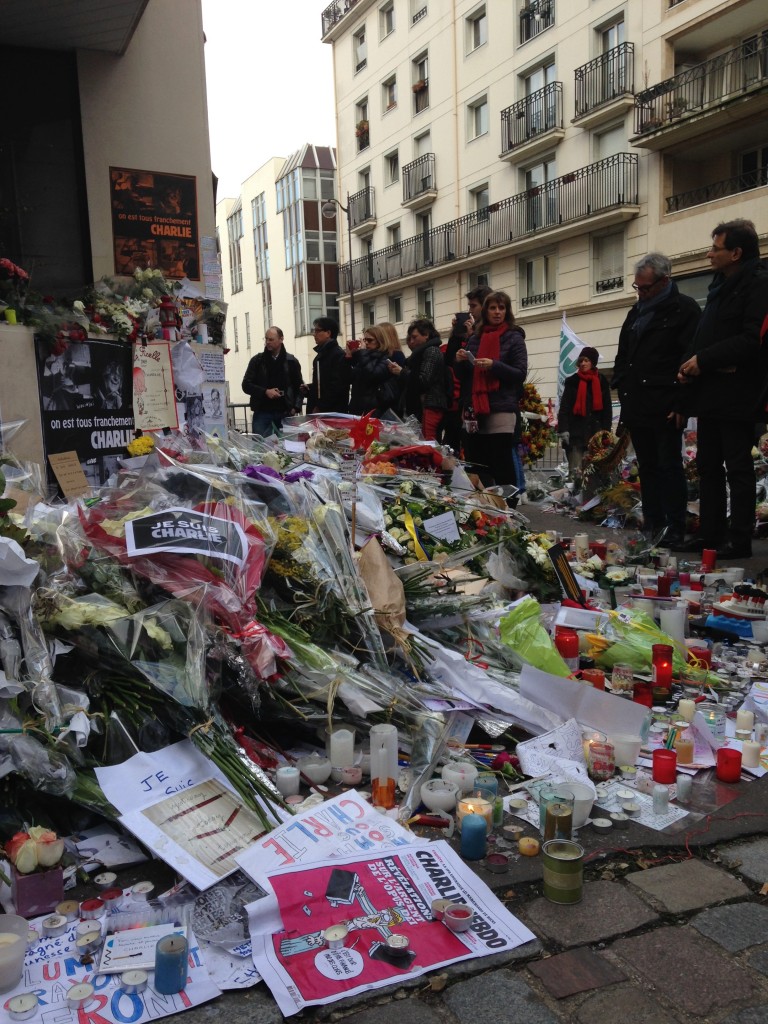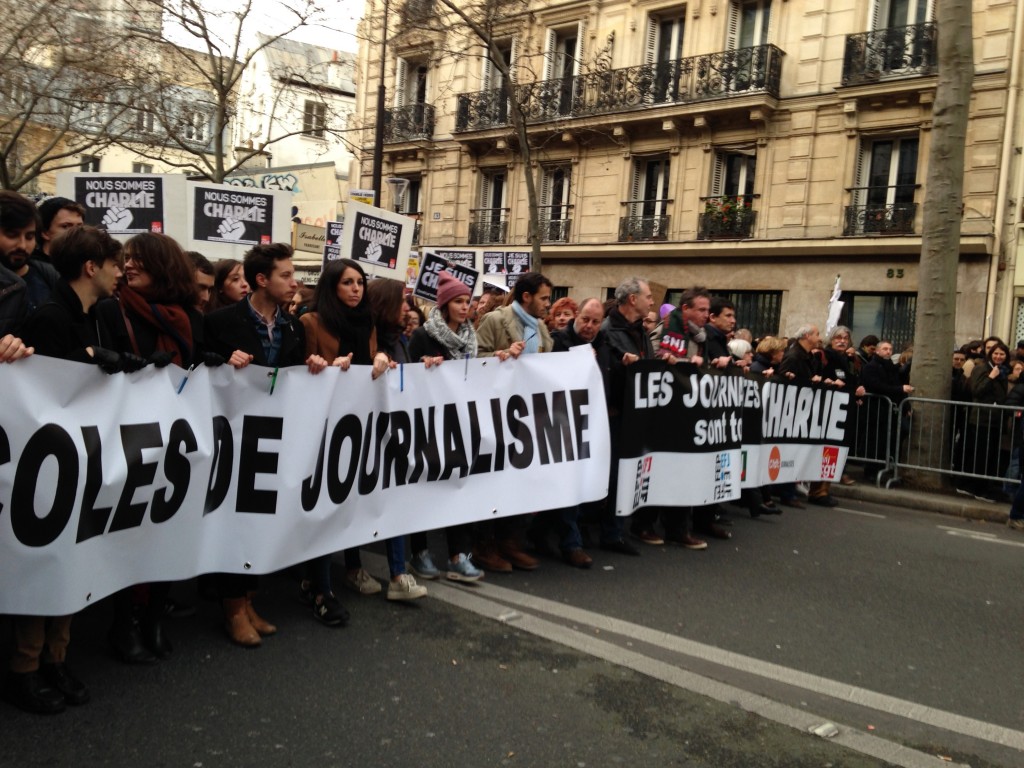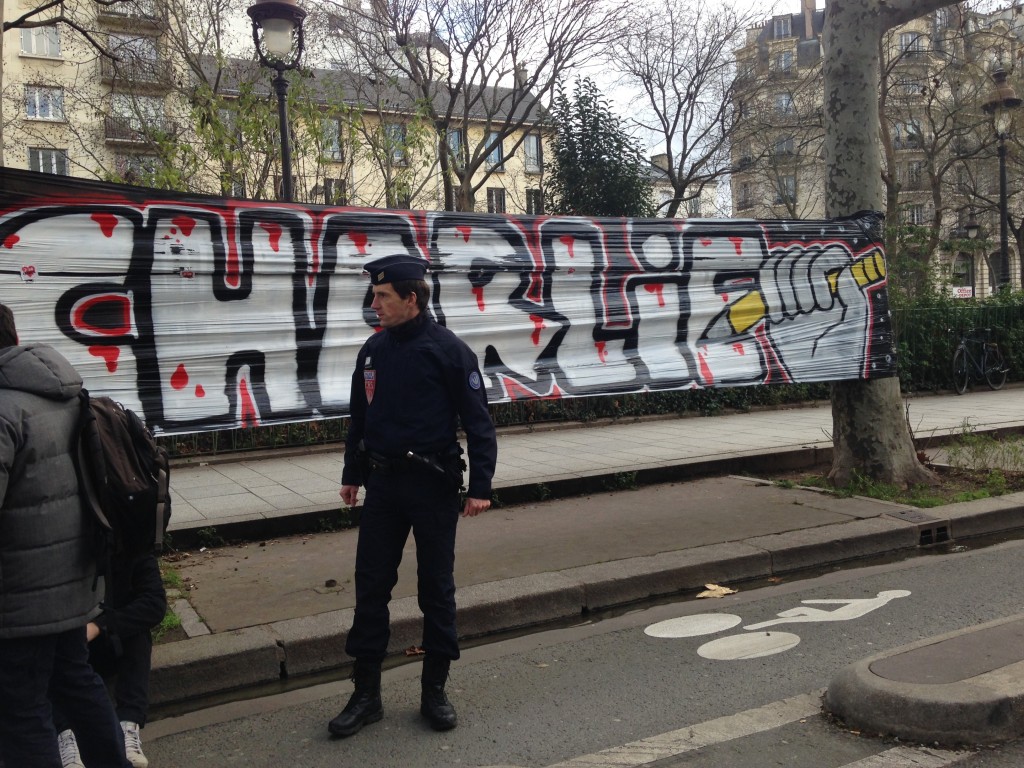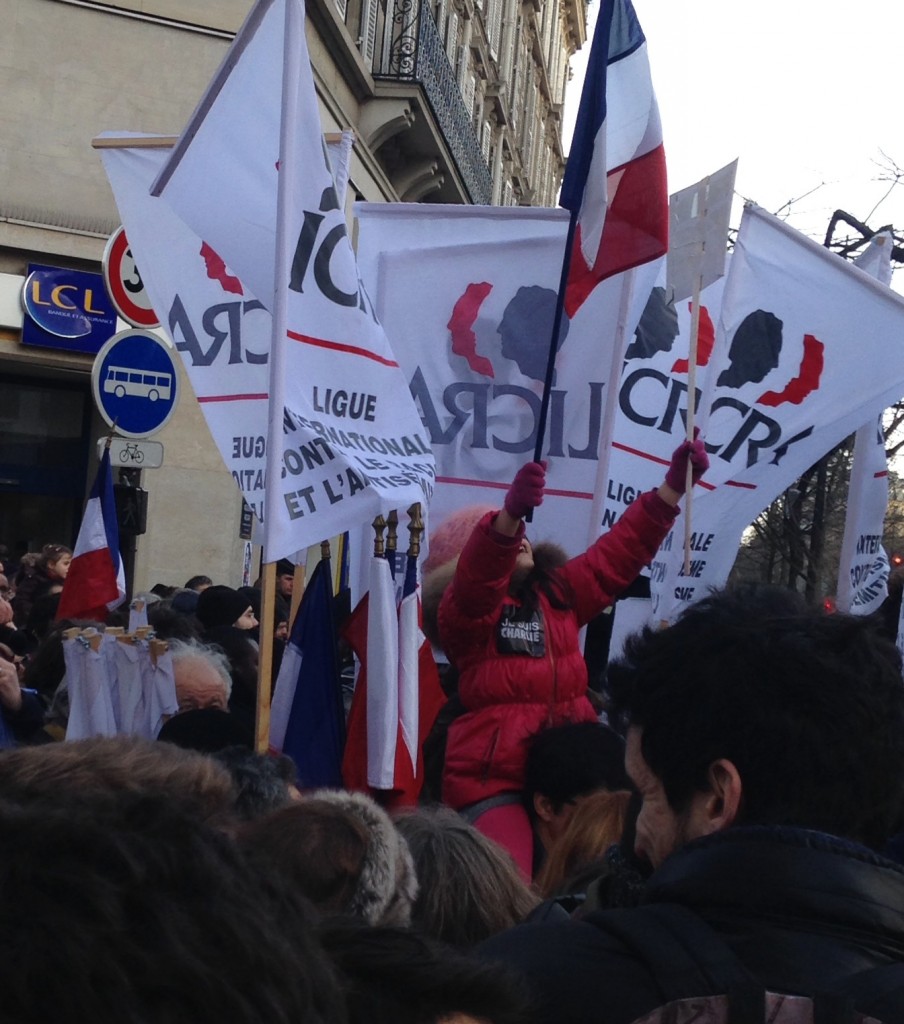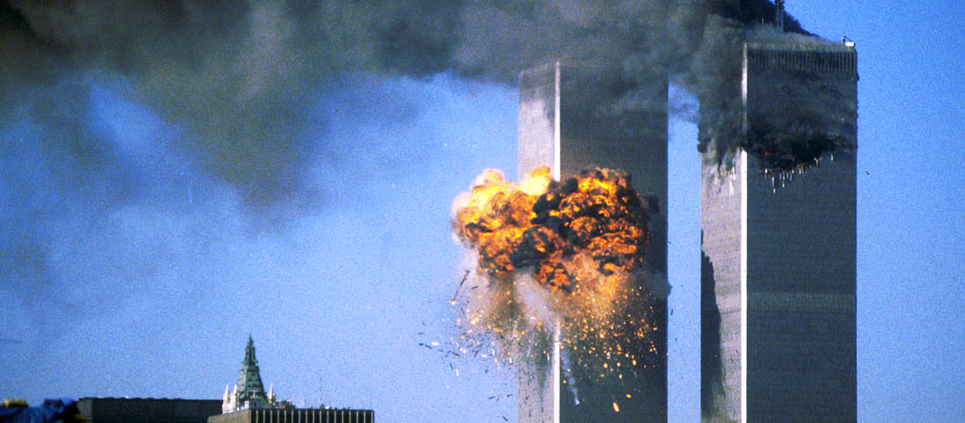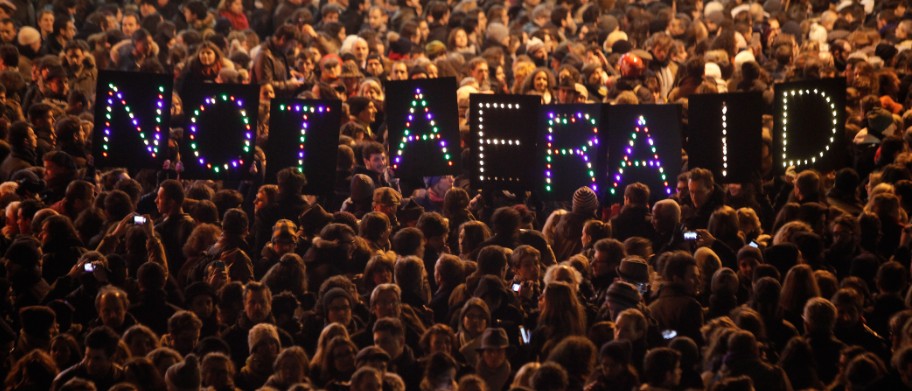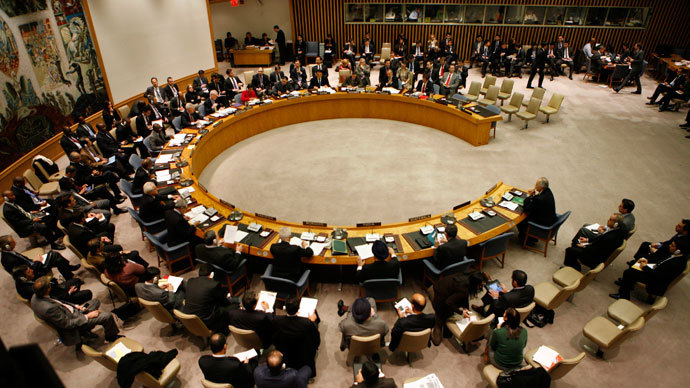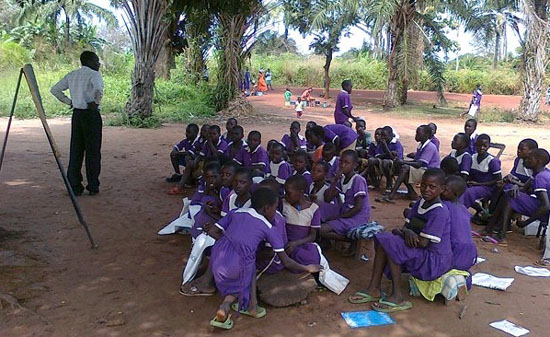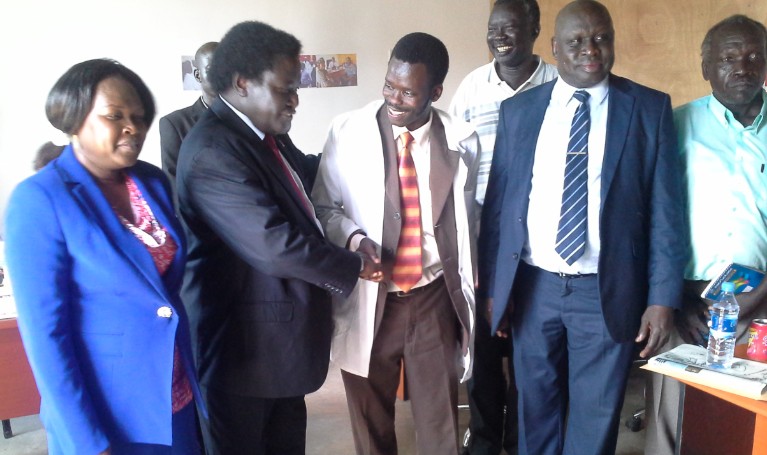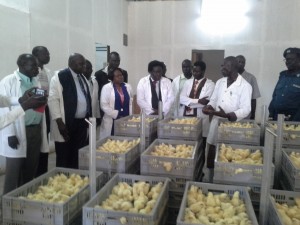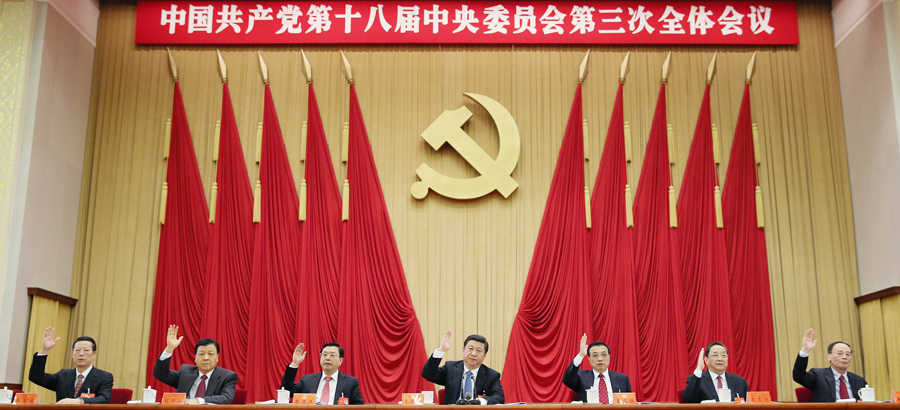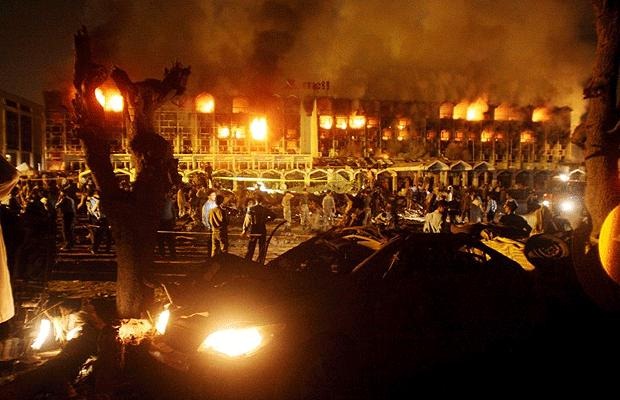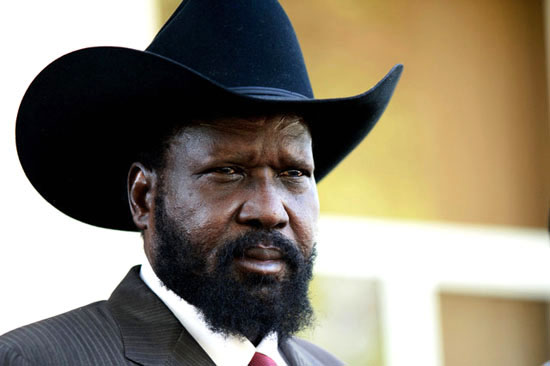A potential humanitarian crisis is unfolding in rural Cambodia, as over 550 families have been ejected from land that they claim to have purchased during the reign of Pol Pot. It is unknown if they have the physical documentation proving that they properly bought the land, and are thus at the mercy of the military, who have physically removed them from their village. So far, three of the village leaders have been arrested and the road leading to the area has been blockaded.
According to a source who has been in contact with displaced villagers from the area, about three weeks ago the military reclaimed the village of Phnom Tebang Bantay Sreyand and the land on which it sits. The village is approximately 20 kilometers north of Siem Reap and near the Angkor Wat temple complex. The villagers at this point are homeless and have little if any food and water, and are apparently reluctant to accept outside aid.
The source, who wished to remain anonymous and who we will refer to as Mr. White, went on to say that they possibly have a local that can assist in getting resources to the displaced villagers. “We are trying to work through a monk who may be able to find a way to get the food and water to them, [however] we will need to fund the supplies ourselves.”
He also said that the villagers themselves were frustrated and angry over the handling of the matter, as reported by Radio Free Asia (RFA). “Apparently [the radio station] have said that they [the villagers] are occupying illegally. They believe the government is behind this.”
Most of the confusion seems to originate in the current inability to locate the paperwork stating that the land has been properly paid for. This, according to Mr. White, is “part of the problem. The villages claim they have paid for the land but it seems no one can find the deeds.”
Solina, one of the displaced villagers, told Mr. White that they are “all hungry and scared. We have nowhere to go… We have no food or water.”
Mr. White expressed frustration that there has been little to no global response to the dire needs of the villagers, and attributes that to Cambodia’s being “on the back burner” of the world’s attention. “This is a humanitarian crisis and anywhere else in the world [this] would be front page news. Unfortunately no one really cares abut Cambodia.”
He is hopeful, however, that even though “human rights has been dragging their feet to get food on the ground,” eventually awareness of the villager’s situation will increase and more assistance will be on the way.
Mr. White offered that anyone who wants additional information about the situation, updates or to help could contact him at through this reporter.
By Brett Scott
(Email Brett Scott at [email protected])
